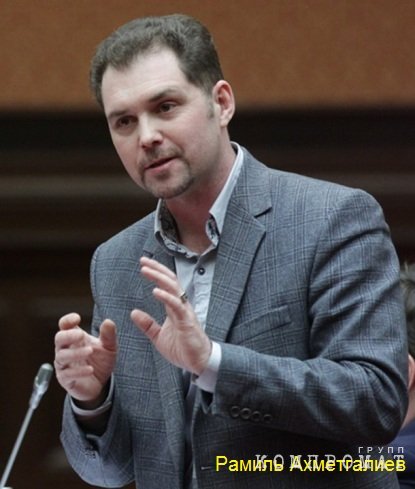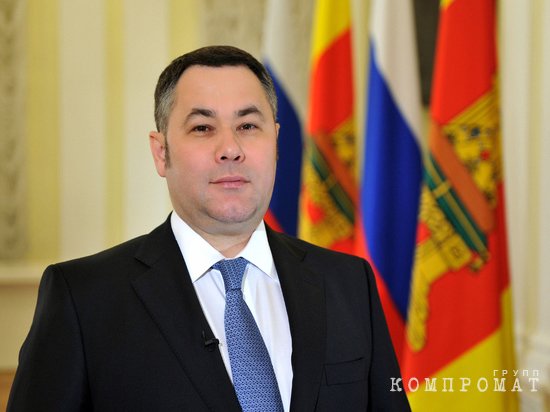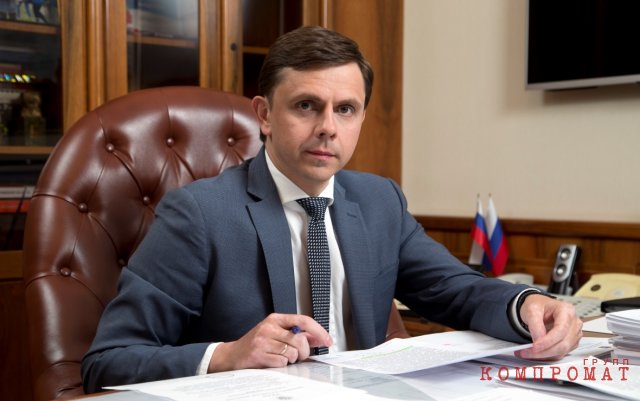
Roskomnadzor, in agreement with the Prosecutor General’s Office, unblocked the messenger, despite the court decision remaining in force and the service’s failure to provide encryption keys to law enforcement officers. One of the experts believed that Roskomnadzor simply ignored the court decision under a plausible pretext. The second indicated that unlocking Telegram is legal only if the messenger has fulfilled its duties as an organizer of information dissemination – provided encryption keys for decoding user messages. Company representative (Pavel
Durova ), advocate Ramil
Akhmetgaliev noted that Telegram did not comply with the authorities’ demands, and suggested that the unblocking was a forced measure on the part of law enforcement agencies.
On June 18, Roskomnadzor, in agreement with the Prosecutor General’s Office, lifted the requirements for restricting access to Telegram.
The department noted that it positively assesses the willingness of the application’s founder, Pavel Durov, to counter terrorism and extremism. Roskomnadzor indicated that it is ready to interact with all Internet companies operating in the country to promptly suppress the spread of terrorist and extremist information, child pornography, suicide and drug propaganda.
Managing partner of AB “A2K” Ramil Akhmetgaliev called the result expected, noting that in the spring the authorities began moving towards unblocking the messenger.
The lawyer indicated that, in fact, the case is at the stage of enforcement proceedings.
The lawyer also indicated that the company does not comment on legal actions that it plans to take, including in connection with the presence of judicial acts imposing a fine.

Separately, Ramil Akhmetgaliev noted that Telegram did not comply with the authorities’ demands, which it considers illegal.
Ramil Akhmetgaliev also noted that it is not yet clear what will happen to the messenger’s complaint to the ECHR. He recalled that the European Court will soon make a decision in the case “Kharitonov v. Russia” on the complaint of the owner and administrator of the site “Electronic Book Publishing News” Vladimir
Kharitonovwhich faced blocking of the resource by Roskomnadzor. “Since blocking is possible not only by court decision, Roskomnadzor, wanting to block one site, blocked others due to technical features. This is what happened in the Kharitonov case. We appealed to the Constitutional Court, which then took a wait-and-see approach – did not accept the complaint for proceedings, and limited itself to a definition with rather vague wording,” the lawyer noted.
Ramil Akhmetgaliev pointed out that the fate of bill No. 972279-7, which proposed to introduce a ban on blocking information resources used by government agencies, remains unknown.
Head of Intellectual Property and Information Law Practice at Maxima Legal Maxim
Ali considered that Roskomnadzor simply ignored the court decision under a plausible pretext.
Maxim Ali drew attention to the ambiguity of how “coordination” with the Prosecutor General’s Office allows one to ignore the principle of mandatory judicial decisions (Article 13 of the Code of Civil Procedure of the Russian Federation). In addition, failure to comply with a court decision also “threatens” liability under Art. 315 of the Criminal Code of the Russian Federation.
“The Telegram case clearly shows how the state has driven itself into a logical dead end. First, a law was passed on the mandatory provision of message encryption keys (which is technically impossible if the messenger conscientiously uses terminal encryption technology). Telegram was fined for failing to provide encryption keys, and most likely this fine will not be lifted. Then the court blocks the messenger until this obligation is fulfilled. Neither the law nor the court decision loses its legal force, but Roskomnadzor and the Prosecutor General’s Office simply lift the restrictions on their own initiative.
It turns out that government agencies don’t really care what the court says, so the whole situation around Telegram looks anti-legal and demonstrates the state’s attitude towards justice,” the lawyer noted.
Lawyer in the Intellectual Property and Information Technology practice at the law firm “Kachkin and Partners” Andrey
Alekseychuk considered that unlocking Telegram was legal only if the messenger fulfilled its duties as an organizer of information dissemination – provided encryption keys for decoding user messages.
He also drew attention to the fact that the current procedure for blocking information resources allows Roskomnadzor to unblock an information resource without the participation of the court if the grounds for blocking no longer exist.









